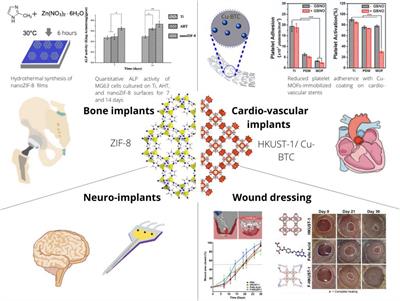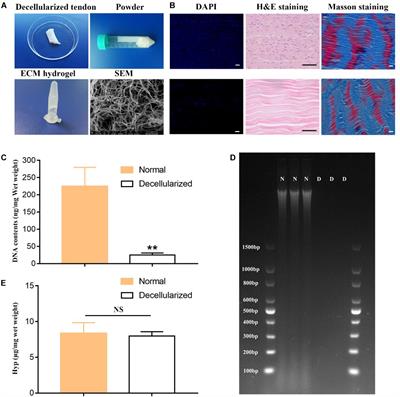REVIEW
Published on 20 Jul 2021
Intervertebral Disk Degeneration: The Microenvironment and Tissue Engineering Strategies

doi 10.3389/fbioe.2021.592118
- 13,156 views
- 54 citations
30k
Total downloads
148k
Total views and downloads
You will be redirected to our submission process.
REVIEW
Published on 20 Jul 2021

ORIGINAL RESEARCH
Published on 14 Jun 2021

MINI REVIEW
Published on 11 Mar 2021

REVIEW
Published on 27 Jan 2021

MINI REVIEW
Published on 20 Jan 2021

ORIGINAL RESEARCH
Published on 18 Dec 2020

ORIGINAL RESEARCH
Published on 09 Dec 2020

BRIEF RESEARCH REPORT
Published on 04 Dec 2020

MINI REVIEW
Published on 03 Dec 2020

SYSTEMATIC REVIEW
Published on 26 Nov 2020

ORIGINAL RESEARCH
Published on 06 Nov 2020

REVIEW
Published on 04 Nov 2020

